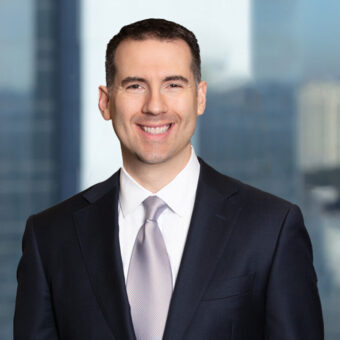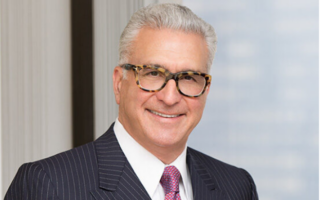Thompson Coe Defeats Putative Class Action Lawsuit Seeking Over $100 Million in Damages
Mar 26, 2019
In March 2018, Judge John W. Lungstrum of the United States District Court for the District of Kansas granted Thompson Coe’s motion to dismiss all claims asserted in the case of Kellogg v. Watts Guerra, LLP, et al., Case No. 18-2408-JWL. The motion was brought by Minnesota attorney Christopher Goodman.
Kellogg arose out of nationwide litigation against Syngenta involving corn growers who alleged that genetically engineered corn seeds contained an unapproved genetic trait that caused corn prices in the United States to drop. The litigation involving Syngenta resulted in a $1.51 billion settlement. The Kellogg plaintiffs then sued their former counsel under the federal Racketeer Influenced and Corrupt Organizations (RICO) Act, as well as under various Minnesota statutes and common law theories.
Among other things, the Kellogg plaintiffs alleged their former counsel misrepresented their rights with respect to the Syngenta class proceedings, and that the defendant law firms deceived plaintiffs into signing individual retainer agreements that would require them to pay two sets of lawyers. The putative class consisted of all the corn growers the defendant law firms had represented, which numbered in the tens of thousands. Plaintiffs sought disgorgement of the attorney’s fees the defendant law firms stood to recover for their work representing corn growers in the Syngenta litigation, fees which plaintiffs estimated would exceed $100 million.
After Kellogg was transferred from the United States District Court for the District of Minnesota, where the case was originally filed, to the District of Kansas, Thompson Coe moved for dismissal under Rules 12(b)(1) and 12(b)(6) of the Federal Rules of Civil Procedure. In granting Thompson Coe’s motion, Judge Lungstrum agreed the Kellogg plaintiffs had failed to demonstrate that any of them had sustained an injury in fact. Plaintiffs therefore lacked standing to pursue their claims in federal court, Thompson Coe’s motion was granted in its entirety, and the cause was dismissed. The victory in Kellogg ended the litigation before the putative class conducted discovery or moved for class certification, avoiding years of litigation.







